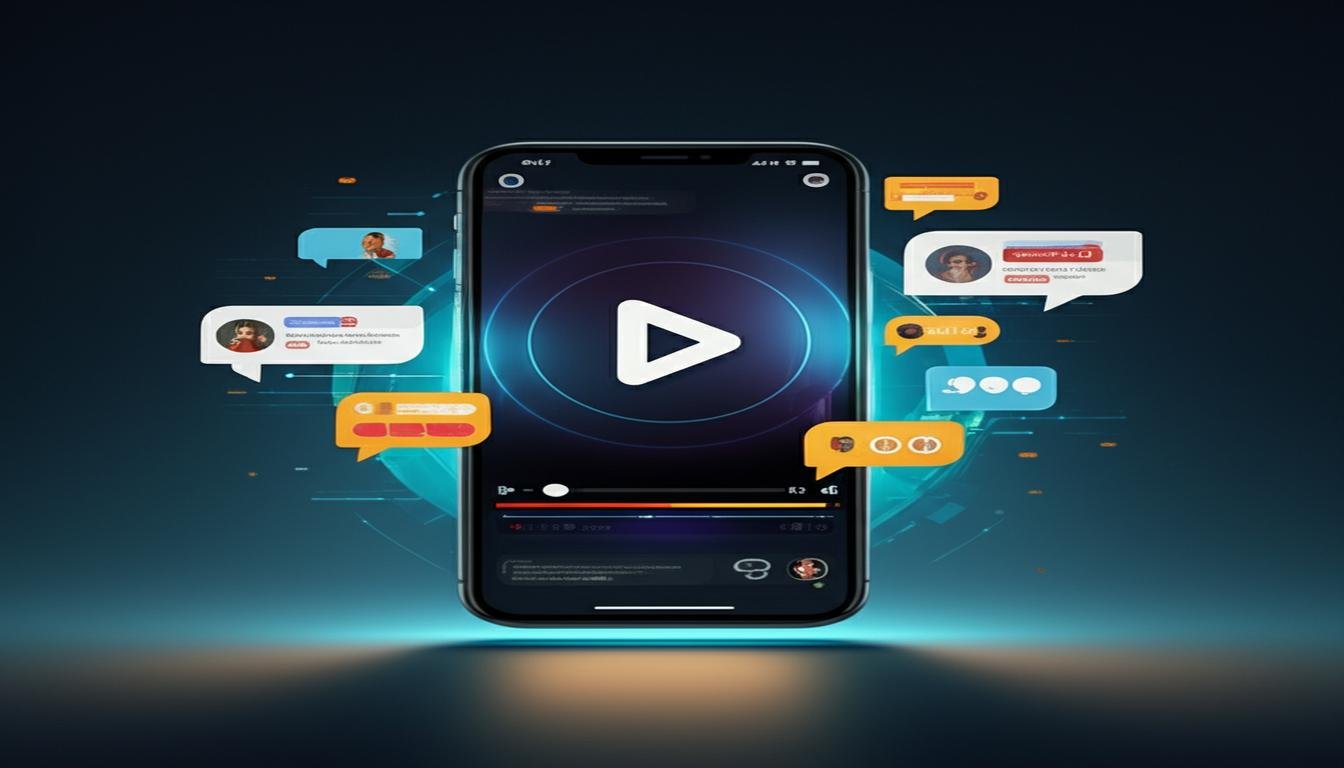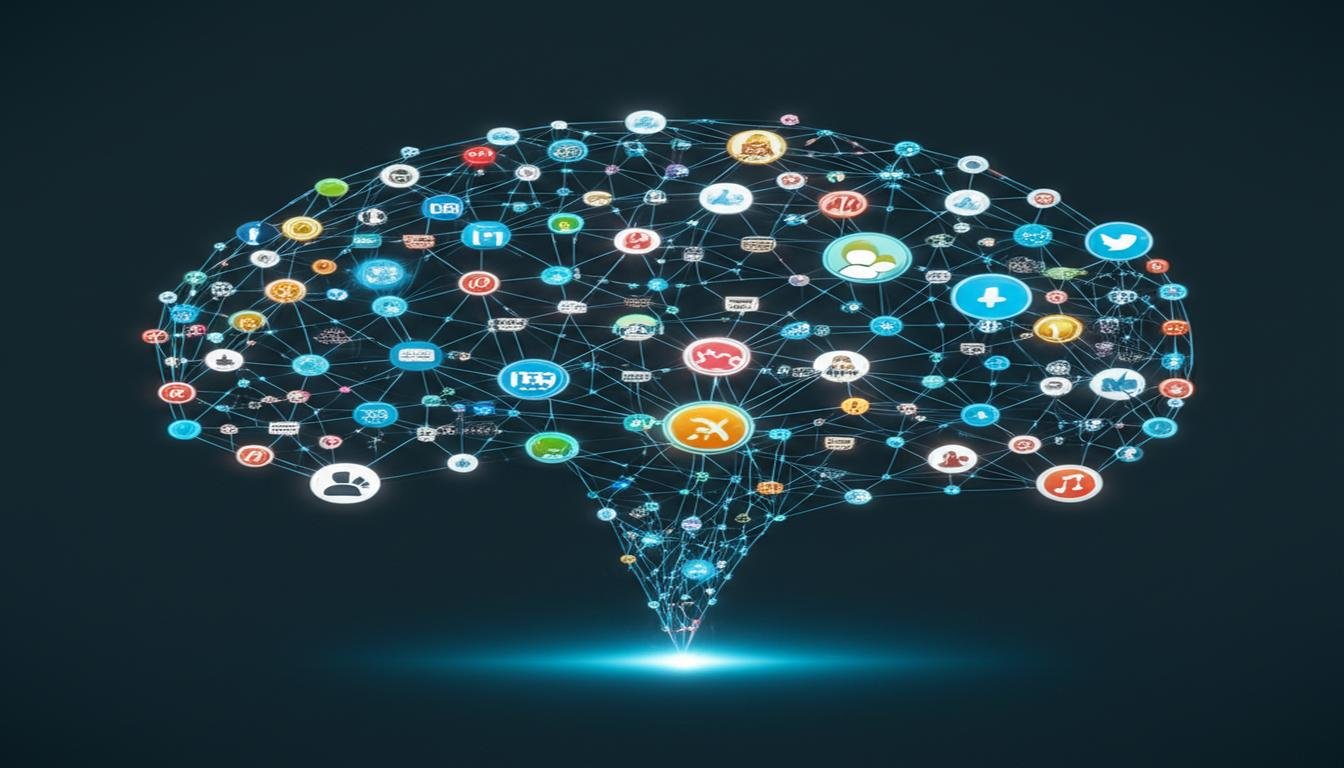How AI Knows You’re Pregnant Before You Do
Ever had that weird feeling like your phone or a website knows you better than you know yourself? Maybe it suggests a product you were just thinking about, or an article that hits exactly your current life stage. But what if it knew something as monumental as a pregnancy – before you even took a test?
It sounds like science fiction, right? But believe it or not, artificial intelligence (AI) and its powerful data-crunching abilities are getting eerily good at predicting major life changes, including pregnancy, sometimes even before you notice the subtle shifts yourself. It’s not magic, though; it’s all about patterns.
The Data Detectives at Work
Think about how much data you generate every single day. From your online searches and shopping habits to the apps you use and even your location data, you’re constantly leaving a digital breadcrumb trail. AI doesn’t just see individual crumbs; it sees the whole path, and it’s incredibly good at spotting tiny changes in your routine that, when combined, tell a bigger story.
These sophisticated algorithms, often called predictive analytics, are designed to find correlations and predict future behaviors. They’re not looking for a “pregnant” flag directly. Instead, they’re sifting through billions of data points, searching for clusters of seemingly unrelated activities that, statistically, often precede a pregnancy diagnosis.
What Data Points Does AI Look For?
It’s not just about suddenly searching for baby names. The insights AI gains are much more subtle and cumulative:
- Shopping Habits: A sudden switch from regular coffee to decaf, buying unscented lotions or different brands of shampoo, stocking up on ginger ale, or even subtly browsing maternity wear or prenatal vitamins. AI notices these shifts in your grocery or online shopping cart.
- Search Queries: Beyond obvious searches like “early pregnancy symptoms,” AI picks up on queries about fatigue remedies, morning sickness tips, changes in taste, or even looking up information on specific clinics or OB/GYN doctors.
- App Usage: If you suddenly start using fertility tracking apps more diligently, or if your activity on health-related apps changes (e.g., tracking sleep patterns more closely, noting nausea), AI takes note.
- Location Data: While more sensitive, repeated visits to pharmacies, doctor’s offices, or even baby stores could add to the data puzzle.
- Social Media Engagement: Liking or joining groups related to parenting, baby products, or even just engaging with posts about new families might contribute to the AI’s predictions.
It’s All About Patterns (and a Little Probability)
AI doesn’t “know” you’re pregnant in the human sense of understanding. Instead, it identifies a strong statistical likelihood based on the millions of other data patterns it has observed from people who did become pregnant. Imagine you suddenly switch from your usual brand of wine to sparkling water, or you start buying larger, more comfortable clothing instead of your usual fitted styles. To you, it’s just a change of mood. To an AI, it’s a data point, part of a bigger puzzle that, when combined with dozens of other similar shifts, reaches a high probability threshold.
This is how some major retailers, famously one well-known store, were able to send targeted baby product coupons to customers before those customers even knew they were expecting. The AI noticed subtle purchasing pattern changes that indicated a high probability of pregnancy long before a test confirmed it.
What This Means for You: Convenience vs. Privacy
On one hand, personalized advertising based on your life stage can be incredibly convenient. Imagine getting relevant offers for things you actually need without having to search for them. On the other hand, the idea that companies might know such deeply personal information about you before you even know it yourself can be unsettling and raises significant privacy concerns.
Navigating the Digital Landscape
- Review App Permissions: Regularly check what data your apps are accessing (location, microphone, contacts, etc.) and disable anything unnecessary.
- Be Mindful of Searches: Consider using incognito mode or a privacy-focused search engine for sensitive health queries.
- Understand Privacy Policies: While often lengthy, try to get a sense of how companies you interact with use your data.
- Limit Personal Information: Be cautious about sharing overly detailed personal information on public platforms.
The ability of AI to predict pregnancy before you do is a fascinating, if sometimes eerie, glimpse into the power of big data and machine learning. It highlights how connected our digital lives are to our physical realities. As these technologies evolve, understanding how they work and being proactive about our digital privacy becomes more important than ever. So next time your phone suggests something uncannily relevant, remember: it’s not reading your mind, it’s just really good at reading your data.









